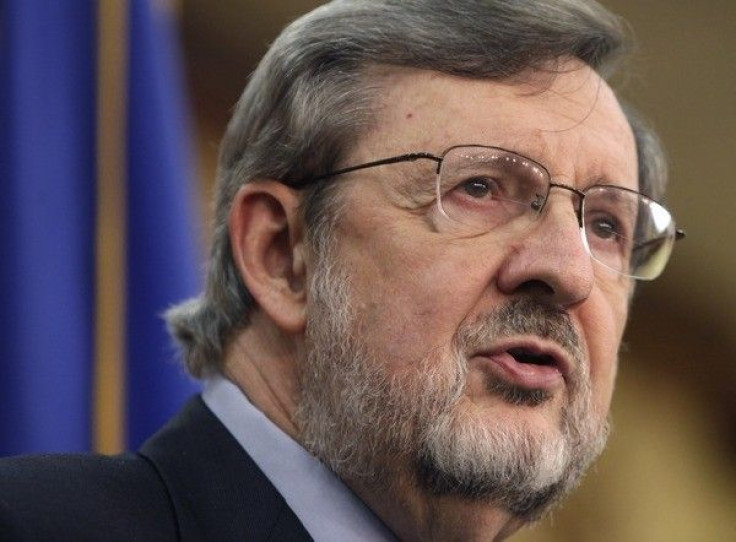House rolls out massive continuing resolution

The House of Representatives, early this morning, introduced a continuing resolution budget proposal that wraps all the major spending bills Congress has yet to pass into one, while freezing Fiscal Year 2011 discretionary spending at Fiscal Year 2010 levels.
This funding act, which is designed to keep the government in operation until the end of next September, provides $45.9 billion less than the President requested in his budget proposal.
According to the bill summary, the act includes $513 billion for the Department of Defense, which is $4.9 billion above 2010; $75.2 billion for military construction and veterans, $1.4 billion below 2010; and $501.4 billion for all other appropriations, $3.5 billion below 2010.
It also includes $159 billion for the wars in Afghanistan and Iraq, as President Obama requested.
The resolution bans funding for Congressional earmarks, freezes non-military federal pay for two years, as requested by Obama, and allows fee-funded programs to continue to be financed from fees.
Congress this year has passed none of the 12 major spending bills before it, bills which constitute the federal budget, and the government has been operating on continuing resolutions since the end of FY2010 on September 30.
In presenting a continuing resolution to last until the next fiscal year, House Democrats are attempting to advance their agenda with as little interference from Republicans as possible. If they were to introduce and pass a CR of a lesser duration, of a month or six weeks, then the Republican-controlled House, which takes over in January, would be able to write the spending bills.
Rep. David Obey, D-WI, chairman of the House Appropriations Committee, said the bill just might ease the financial desperation facing so many families today who cannot afford to send their kids to college, to find decent child care, or to provide adequate medical attention for their needs.
Obey, who is retiring at the end of this year, referred to the deal struck between the President and Republican leadership on Monday.
At a time when we are apparently extending huge tax cuts for millionaires and we're giving families worth ten million dollars or more a bye on paying taxes on their good fortunes, this Committee has done its dead level best within the constraints under which we are operating to make some modest adjustments to salvage some investments which over the long haul just might create more jobs than a tax break for millionaires, he said.
The House could vote on the continuing resolution as early as today. The House must also vote on the extension of the Bush tax cuts and unemployment insurance, and the other provisions agreed to by the President and the Republicans, in a separate bill.
Senate Democrats will apparently soon present an omnibus spending bill that will amend the House resolution and provide more funding, including earmarks.
Democrats will have to win over a few Republicans to beat a filibuster on their bill, which may be a difficult chore.
The Senate also intends to pass legislation reflecting Obama's tax extension deal with the Republicans. Republican Senators have vowed to block all other measures until a bill is passed extending tax breaks for the nation's most wealthy citizens.
© Copyright IBTimes 2024. All rights reserved.











